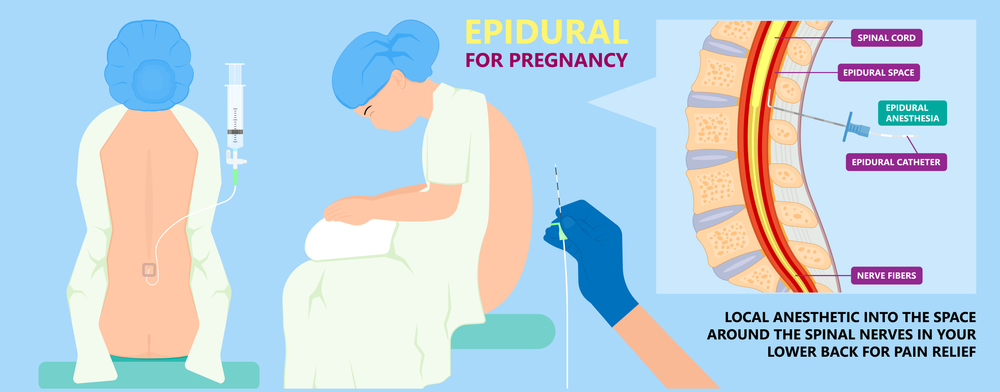For pregnant women, sleep is a precious commodity in short supply. Between the discomfort of carrying another human being, frequent bathroom trips, and anxiety about the upcoming labor, a good night’s rest is rare. But what about during labor- can you sleep through contractions?
Many women wonder if it’s possible to sleep through labor, particularly in the early stages before the intensity ramps up. In this blog post, we’ll explore the truth about rest during labor and what to expect when the big day arrives.
Resting and Napping During Early Labor: Individual Variations and Benefits
First off, let’s get one thing out of the way- it is possible to sleep during early labor. In fact, some healthcare providers encourage women to rest during this time to conserve energy for later stages.

It’s important to remember that every labor is different, and what works for one woman may not work for another. If you feel tired, take a nap or relax in a quiet, dark room between contractions. But as labor progresses, this will become more difficult to do.
Challenges of Sleeping as Contractions Intensify
As contractions become more intense, it’s unlikely that you’ll be able to get any quality sleep. The pain and discomfort of contractions can disrupt even the most peaceful slumber.

You may find that it’s difficult to get comfortable or that you feel the need to move around. Plus, your healthcare provider will likely want to monitor your progress, which may require you to be awake and alert.
Adrenaline and its Impact on Relaxation and Sleep during Labor
Additionally, as labor progresses, so does adrenaline. The fight-or-flight hormone is part of your body’s natural stress response, and it can make it hard to relax and sleep. Adrenaline is released to help you manage pain and cope with stress, but it can also keep you wired and alert.

You may find yourself feeling restless or agitated as labor intensifies. Focus on breathing techniques, visualization, or other relaxation methods to help keep your stress levels in check.
Pain Management and its Effects on Sleep during Labor
Another factor to consider is your pain management plan. If you choose to use pain medication or an epidural, this may affect your ability to sleep.

Many medications can cause drowsiness or grogginess, but they can also cause side effects like nausea, dizziness, or insomnia. Speak with your healthcare provider about how pain management may impact your sleep during labor.
Unpredictability of Labor: Sleep as a Variable Experience
Finally, remember that labor is unpredictable. You may be able to sleep through some contractions, but others may be so intense that sleep is out of the question. Every woman’s experience is unique, so try not to compare yourself to others.
Rest is essential during pregnancy and the early stages of labor, but once your body starts its work, sleep may become a distant memory.
While it may be possible to catch some Zs during early labor, sleeping through contractions is unlikely. As labor progresses and contractions become more intense, your body’s natural stress response will make it challenging to relax and sleep.
Pain management, adrenaline levels, and monitoring by your healthcare provider can all contribute to disrupted sleep during labor. Remember that every labor experience is different, and focus on staying as comfortable and relaxed as possible. At the end of the day, the most important thing is that you feel supported, empowered, and ready to welcome your little one into the world.


